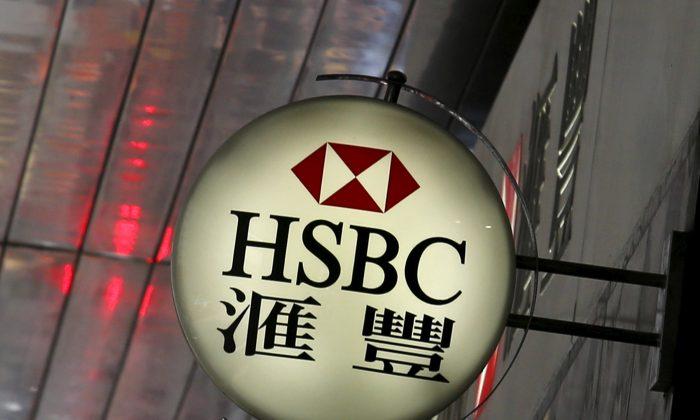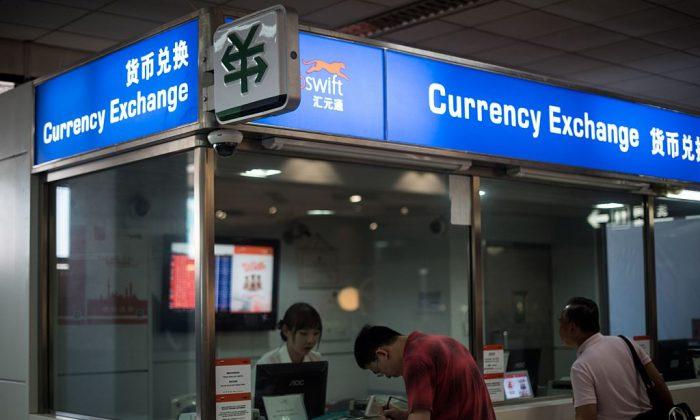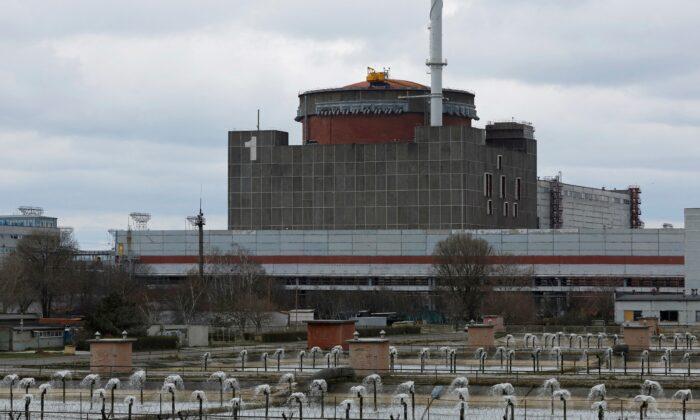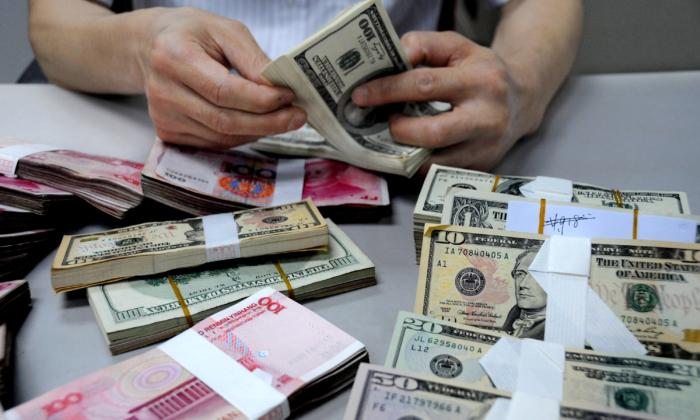The world’s largest steel company, China Baowu Steel Group, blacklisted HSBC Holdings PLC, claiming that it is a high-risk lender. HSBC Holdings is the only foreign lending institution on Baowu’s blacklist. All other lenders on the list are floundering Chinese banks.
Mike Sun, a North American investment strategist, believes that Baowu Group did this in retaliation for HSBC providing key evidence to the United States in the Huawei Meng Wanzhou case. He believes that this is an intentional blockade of HSBC by a large Chinese state-owned enterprise.
According to a Reuters report, Baowu told its finance employees not to use HSBC Holdings for short-term loans during its 2020 year-end training session.
HSBC has faced difficulties in China since its involvement in the Huawei case. In October 2020, the Chinese Ministry of Finance issued $6 billion in U.S. dollar sovereign bonds in Hong Kong, and replaced HSBC with Citibank as one of the issuers of the bonds. HSBC was an issuer of U.S. dollar sovereign bonds four times since 2017.
On July 23, 2020, HSBC provided the United States with critical evidence in a PowerPoint document about the Meng Wanzhou case. Although HSBC stated on July 25 that it has no malice toward Huawei and did not “frame” Huawei, on July 28, the CCP-backed China Internet Information Center published an online review, suggesting that HSBC was maliciously involved in framing Huawei.
Even before the evidence was released to the public, HSBC was under heavy fire on the Internet. Many Chinese citizens criticized HSBC as “shameful” and “breaking the very pot that provides food to you.”
A few months later, in November 2020, the China Foreign Exchange Administration alleged that HSBC’s Guangdong Branch violated its regulations and imposed a fine of about $225,000. It also confiscated about $16,000 in cash from HSBC.
Some commentators believe that the CCP is trying to destroy HSBC’s business in Hong Kong. However, Mike Sun, a North American investment strategist, believes that the CCP’s actions are merely warnings and have little impact on HSBC’s main business in Hong Kong.
Nonetheless, HSBC’s operations in the United States and France have suffered losses. The company decided to continue its investment in Asia because it stills deems it profitable.
On Feb. 23, 2021, HSBC announced its 2020 performance and that it would invest $6 billion in Asia in the next five years.
As early as September 2019, HSBC launched a public relations campaign called “Beijing Visibility Strategy,” and spent millions aiming to protect and improve its reputation in the Chinese market despite the Huawei case. In November 2020, HSBC (China) launched four major sustainable projects at the China International Import Expo, spending a total of about $9 million to support green energy start-ups, environmental protection, restoration, and other public welfare undertakings.
Mike Sun also suggests that the CCP believes that HSBC is making money from China and must not be allowed to break this “pot.” But in the case of Huawei, HSBC obviously would rather offend the CCP than the United States.





